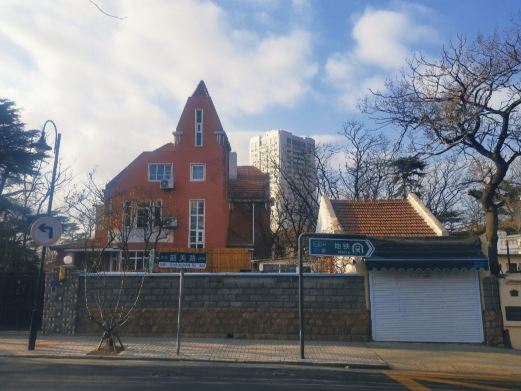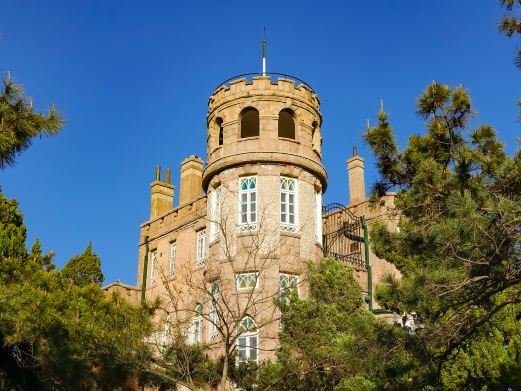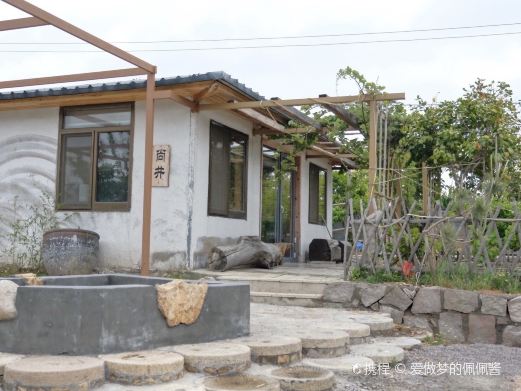Moushi Manor is located in Qixia City. It was once the residence of Mou Molin, a large landlord in the late Qing Dynasty and early Republic of China (known as ‘Mou Erhei’) and his descendants. It is currently a relatively complete and typical landlord manor preserved in China. In this large landlord manor in northern China, you can explore this magnificent architectural complex, appreciate its exquisite and unique architectural craftsmanship, and feel the profound folk cultural connotations here. Moushi Manor has a large construction scale and there are many allusions about architectural features and custom history. It is recommended to rent an audio guide or hire a guide at the tourist center to learn more vividly about this place. Moushi Manor was built in the Yongzheng period of the Qing Dynasty. By 1935 (the 24th year of the Republic of China), it had formed its current scale. Now, more than 480 halls, buildings and compartments are preserved. The corridors in the manor are deep and there are many courtyards. There are halls, pavilions, side rooms and multiple quadrangle courtyards. You can also see buildings such as granaries, weaving workshops, winemaking houses, oil mills, and even private stages. The social status and economic strength of the Mou family at that time can be seen. The architectural craftsmanship in the manor is unique, and the carving and masonry are delicate and exquisite. It has the characteristics of ‘three carvings’, ‘six wonders’ and ‘nine unique features’, which are very worthy of savoring. Among them, ‘the chimney stands outside the gable wall’ is one of the wonders. Dozens of chimneys in the courtyard are all supported outside the gable wall by finely carved granite stone strips (some stand outside the front wall), like small castles in the air, and they do not smoke back and can prevent fire. Walking into the halls and rooms everywhere, you may find that although the Mou family was once extremely wealthy, the layout and decoration of the rooms do not seem as advanced as imagined. Instead, they are full of strong folk customs of Jiaodong. This may be related to the farming culture adhered to by the Mou family. The words ‘Farming and reading are family occupations for generations. Thrift and diligence are family traditions.’ on the main entrance of the manor are the spiritual portrayal of the Mou family who look down on fame and pursue tranquility. In Moushi Manor, you can also see the characteristics of Qixia folk culture everywhere. During the ‘May Day’ and ‘National Day’ golden weeks every year, the ‘Folk Culture Tourism Festival’ is held. You can see activities such as flower buns, paper-cutting, throwing embroidered balls, wedding ceremonies, and folk lantern shows, vividly reproducing the folk cultural life in Jiaodong area during the prosperous period of the Mou family. Opening hours: Open all year round from 08:00 to 17:30; Open all year round from 08:00 to 17:00. Preferential policies: Children: Children under 1.4 meters (excluding) in height are free. Seniors: People aged 60 or above can enter for free with their senior citizen card or ID card. Military personnel: Active-duty military personnel can enter for free with their military officer’s card. Service facilities: Parking lot: [Moushi Manor Parking Lot]. Reference price: ¥5/time. Address: No. 6, Manor South Street, Xiaguang Road, Qixia City, Shandong Province (large vehicles are ¥10/time). Number of parking spaces: 50.
Moushi Manor
Moushi Manor is located in Qixia City. It was once the residence of Mou Molin, a large landlord in t[...]









